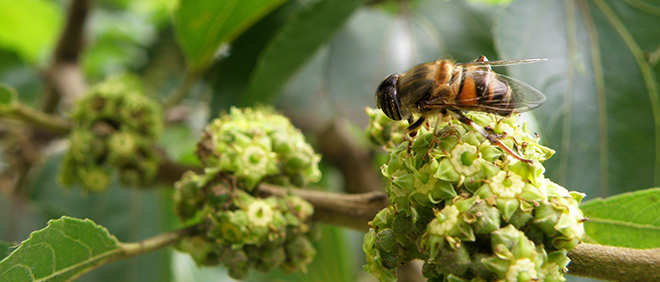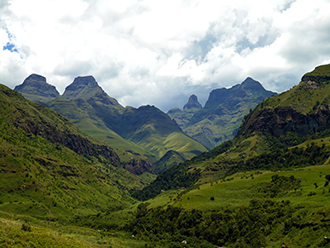Work packages

LUOMUS / Gunilla Ståhls-Mäkelä
Management and communication
The work package secures proper and effective exchange programme administration, money transactions to the beneficiaries, and internal communication that are all essential to success of the exchange programme. The objective is also to promptly produce progress reports for EU.
Ecology and feeding modes of specialized fly groups
Field observations to evaluate flower visits of phytophagous flies will be carried out when geophytes are in flower. Observations will be carried out in several selected sites during the periods of highest activity of the flies, and they will be caught by insect nets for identification of fly species. Also the ovipositing behaviour of phytophagous flies will be carried out in the same sites, marking oviposition points and searching for larvae at later stages of the larval development.
Laboratory analyses
Rearing of larvae under laboratory conditions is a very specialized process where the immature stage has less probability to survive than in the field. Laboratories at BFT, Alicante, Spain have the equipment necessary to successfully accomplish this part of the project. The key objectives are to 1) obtain ecological information of flower visits and ovipositing of the phytophagous species, 2) establish the correct species using morphological characteristics complemented with molecular data, 3) choose species for rearing under laboratory conditions.
 |
 |
| LUOMUS / Gunilla Ståhls-Mäkelä | LUOMUS / Pekka Malinen |
Innovative applications for fly biotechnology: testing new ideas
The project will focus in the following research lines:
- Characterisation of fly rearing systems used by the SMEs
- Selection of species and strains of saprophagous flies
- Improve existing rearing systems analysing larval and adult behaviour
- Development of artificial rearing media for saprophagous and phytophagous flies
 |
 |
| LUOMUS / Gunilla Ståhls-Mäkelä | LUOMUS / Gunilla Ståhls-Mäkelä |
Evolutionary history and phylogeographic trends of phytophagous flies and geophyte host plants
The diversity of phytophagous Merodon flower flies occurring in the Afrotropical region is estimated to be high but remains understudied. Specimens for comparative analyses have been obtained from the Eastern and Western Mediterranean and Asia Minor through other projects during recent years. The connections and distributional histories among and between the disjunct Merodon fauna (Afrotropical & Mediterranean) and the bulb plant flora between these similar climate ecosystems have not been studied. The objectives are to estimate the evolutionary relationships and phylogeographic patterns of these flower flies and their host plants, and assessing the phylogenetic diversities of these regional faunas and floras using molecular data.
 |
 |
| LUOMUS / Gunilla Ståhls-Mäkelä | LUOMUS / Gunilla Ståhls-Mäkelä |
Outreach and dissemination
The participants of the project produce public presentations, popular publications and press releases on the topics studied during FlyHigh. The outreach activities increase the awareness that by globally transferring the knowledge between research institutions and non-academic sector we will reach new innovations, and higher level of research and may attract totally new research and innovation ideas and networks.